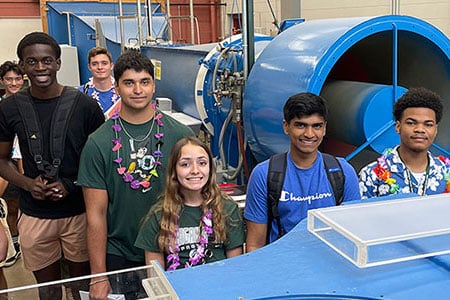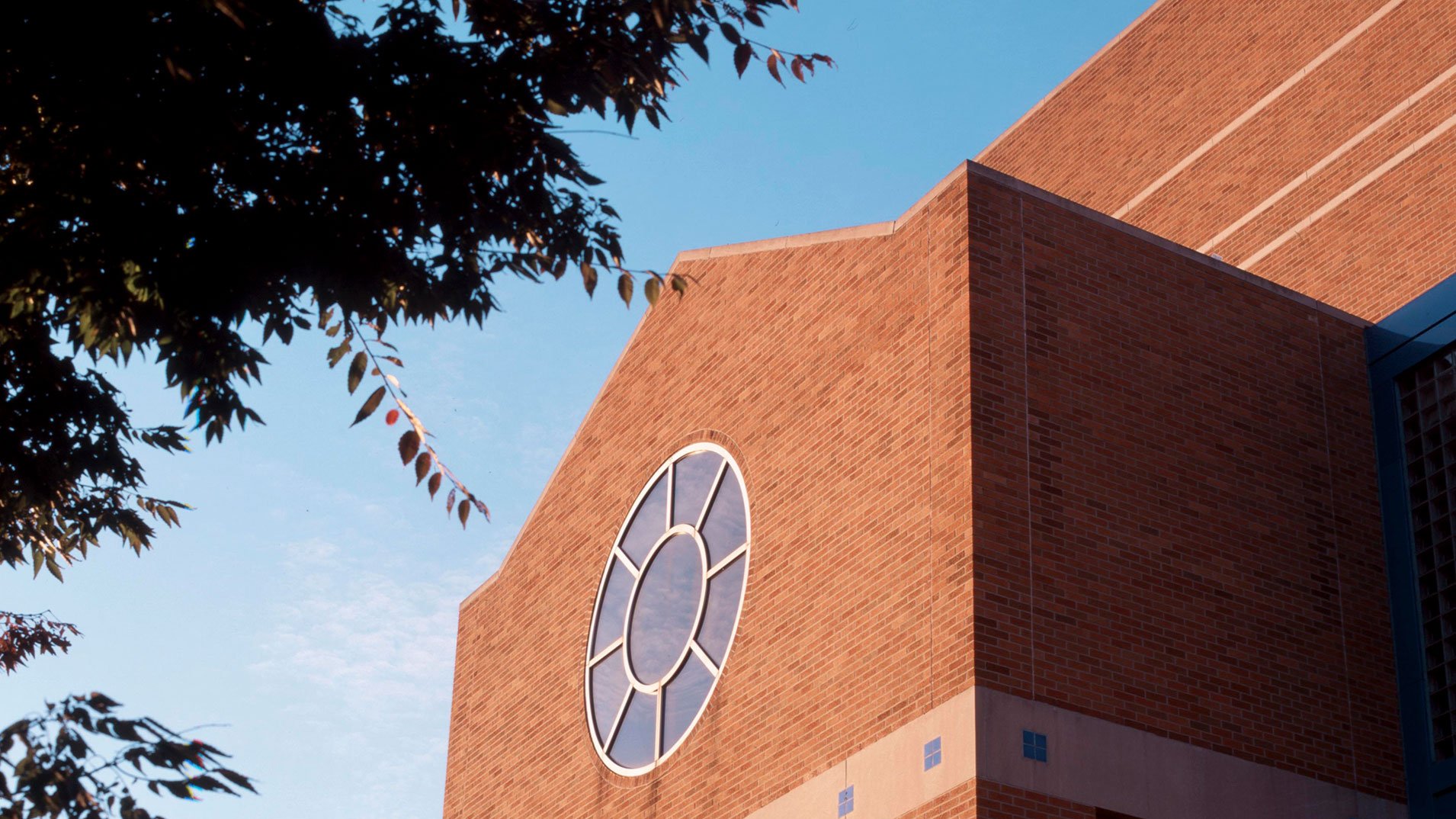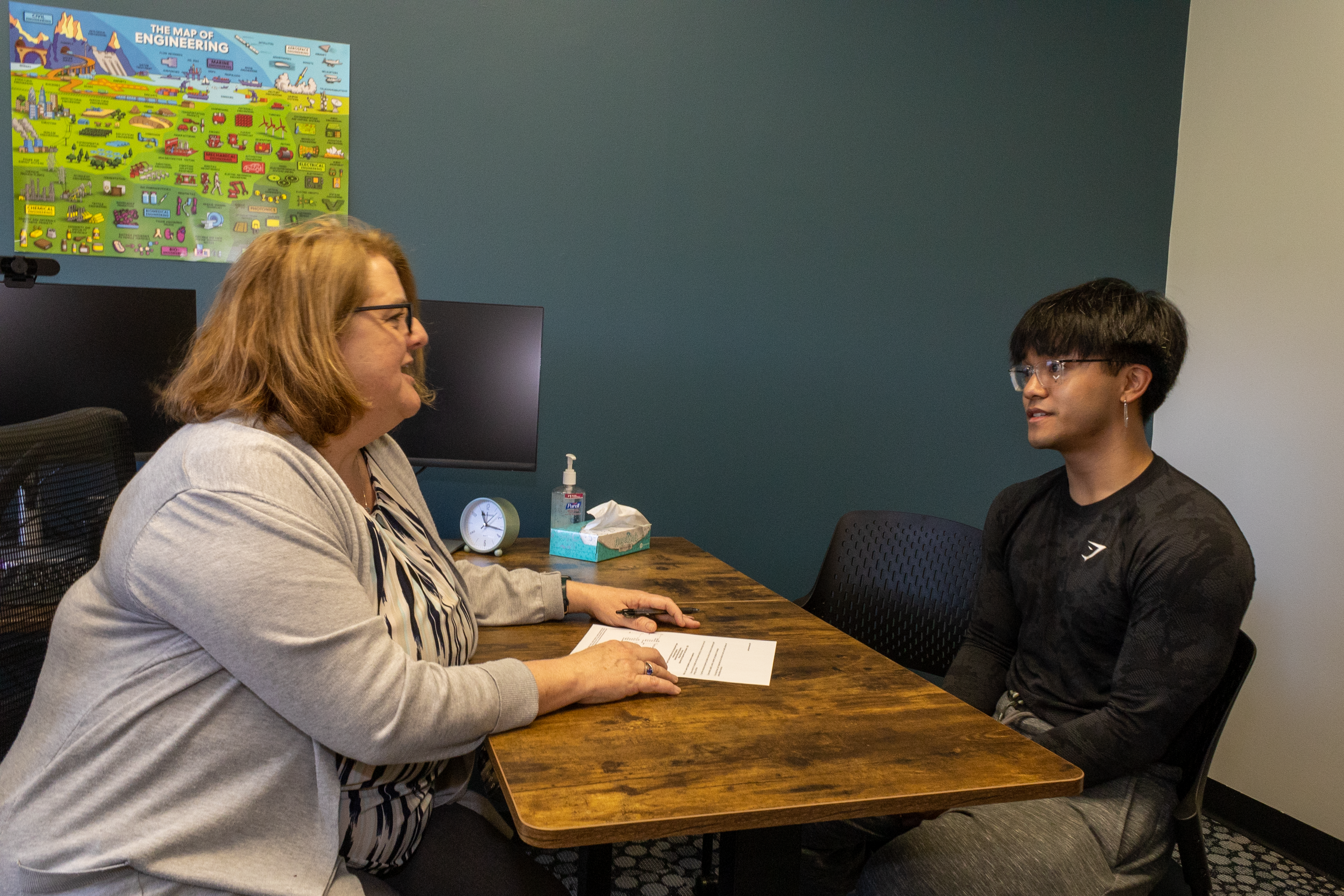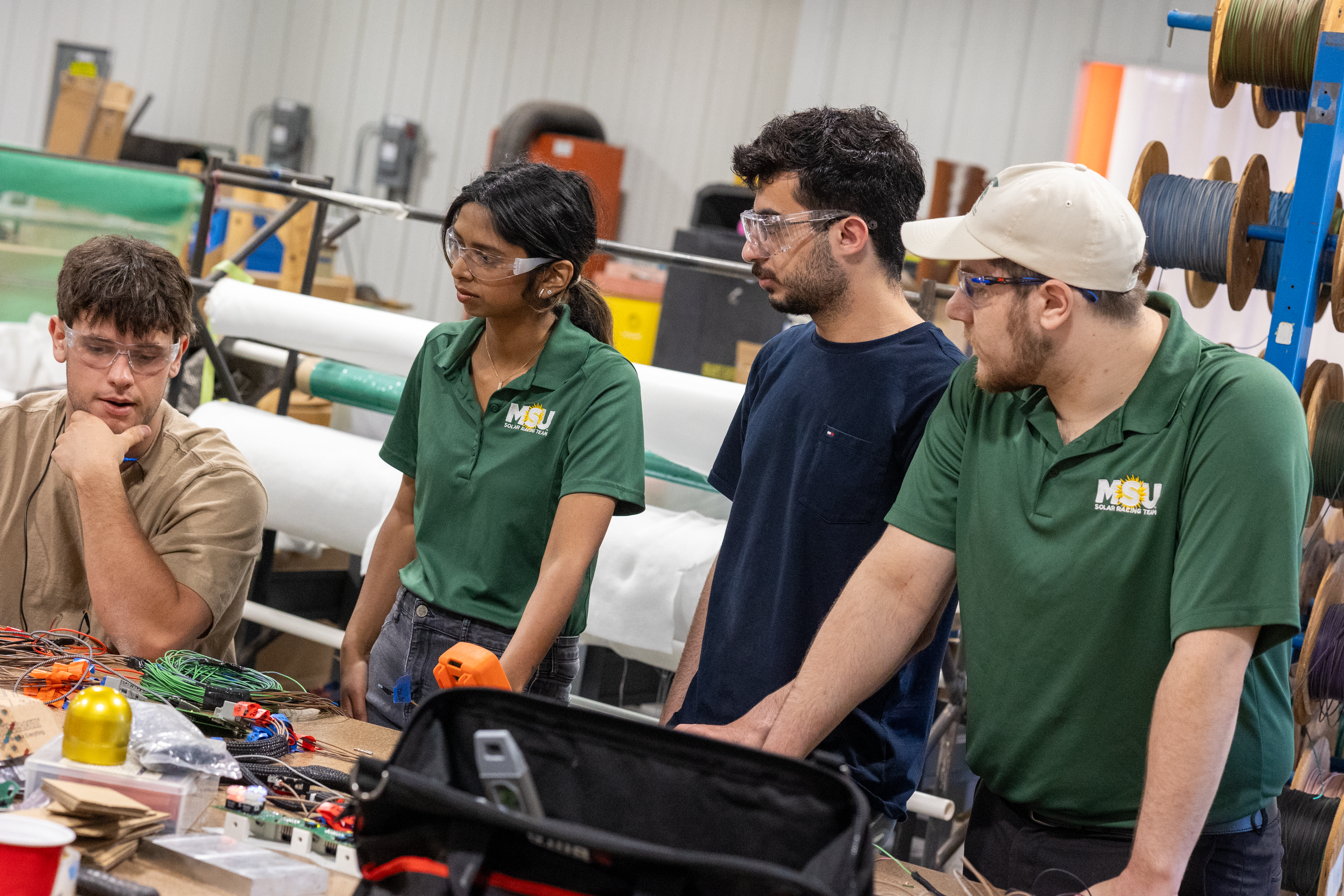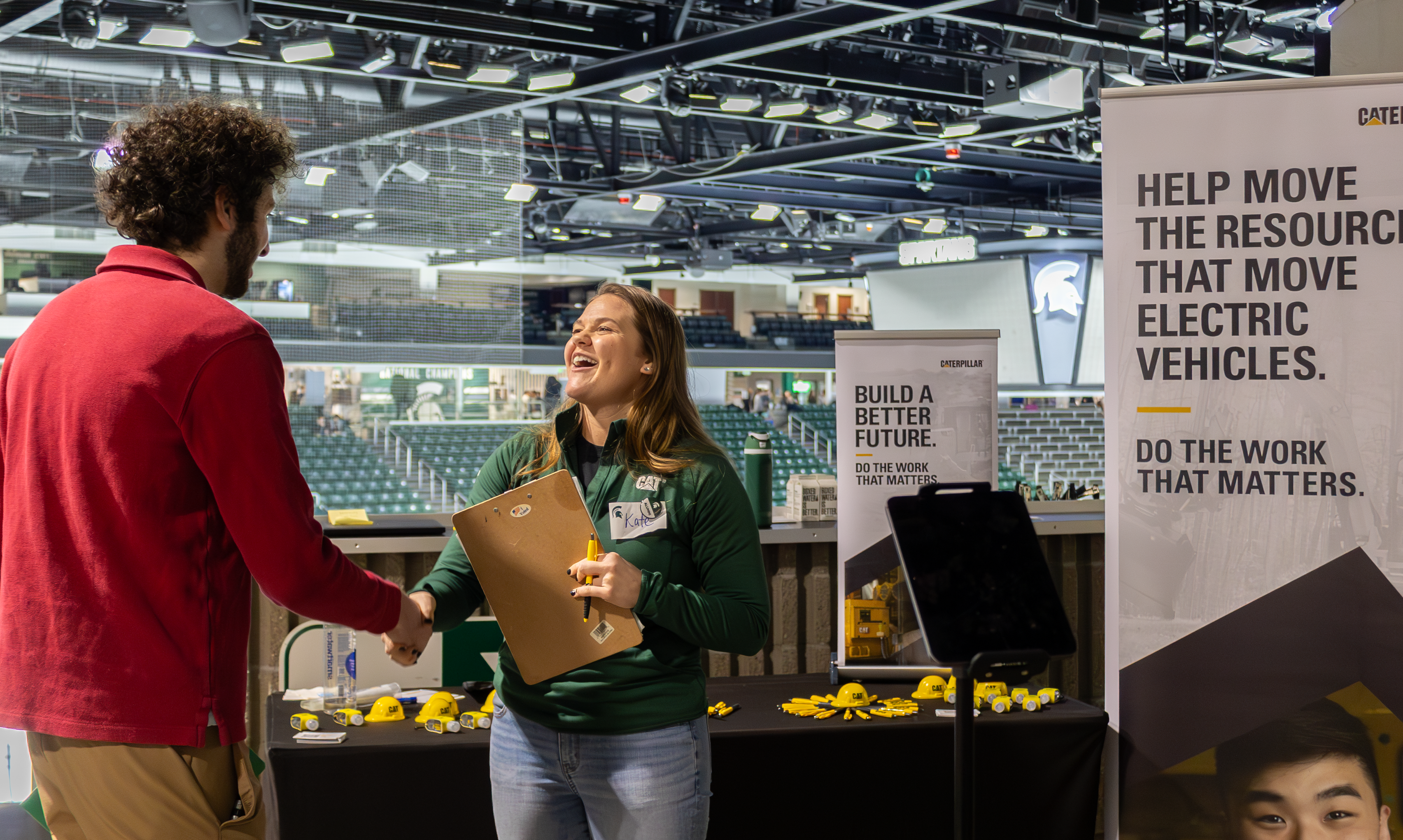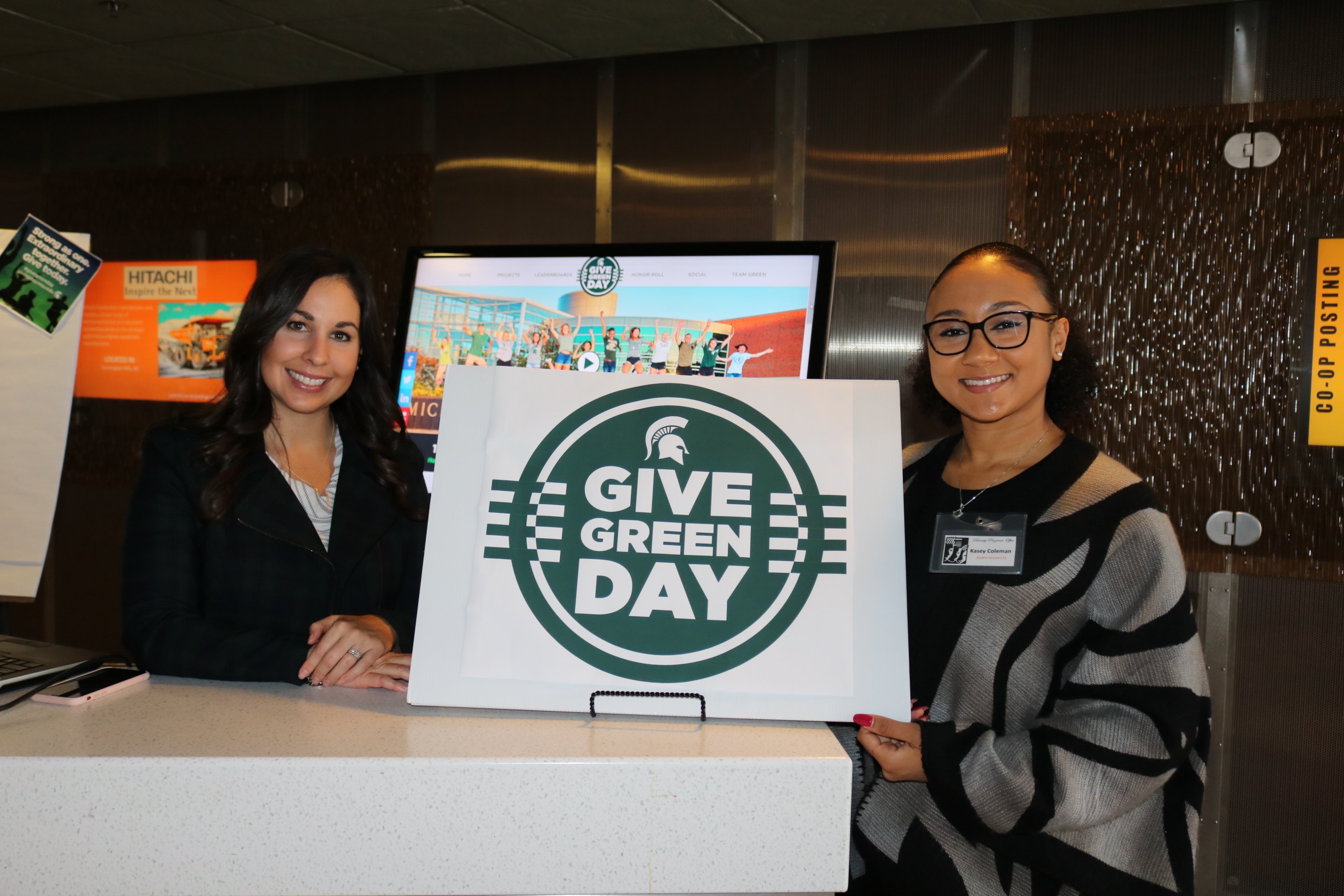SmartAg International Symposium aimed at feeding the future's hungry
By 2050, the global population may exceed nine billion people - almost three-quarters of them living in urban areas. How will the world feed so many?

The SmartAg International Symposium, being held at Michigan State University on Dec. 3-6, is aimed at connecting the researchers, practitioners and policy makers who will tackle the global agro-food problem of producing more with less.
"We're uniting emerging smart technologies to work on the world's potential food shortage," said John Verboncoeur, chair of the SmartAg Initiative executive committee. "We need to double food production in the decades to come. Strategies include improving access, enhancing production efficiency, and reducing losses and waste in the food supply chain from production to consumption." Verboncoeur is the associate dean for research in the MSU College of Engineering and a professor of electrical and computer engineering, and computational mathematics, science, and engineering.
The SmartAg International Symposium is co-sponsored by IEEE, ASABE, Purdue University, and MSU at the Kellogg Hotel and Conference Center in East Lansing, Michigan. Program topics range from the Internet of Agriculture to crop modeling, biosensing technology, robotics and automation, and smart food packaging.
"The goal of the symposium is to develop a blueprint for a sustainable community in SmartAg," Verboncoeur indicated.

Norman Scott of Cornell University will chair the advisory committee. He is a professor emeritus in Cornell's Department of Biological and Environmental Engineering and former vice president of Research and Advanced Studies, and director of the Cornell Agricultural Experiment Station.
MSU's Ajit Srivastava is the technical program chair. He is a professor and former chair of MSU's Department of Biosystems and Agricultural Engineering, and former co-director of the MSU Global Center for Food Systems Innovation (GCFSI) - a USAID Higher Education Solutions Network (HESN) Development Lab.
The general chair of the symposium is Renfu Lu, a research leader and location coordinator with the U.S. Department of Agriculture Agricultural Research Service (USDA/ARS), and adjunct faculty member in the MSU Department of Biosystems and Agricultural Engineering.
Speakers for the general session include:
• Norman Scott, professor emeritus, Cornell University, Ithaca, New York, "Future of Smart Technology for Global Agro-Food Systems."
• Hongda Chen, national program leader, USDA/NIFA, Washington, D.C., "Role of Federal Government in Promoting and Funding Research in Smart Technology for Agro-Food Systems."
• Terrence Pickett, manager of advanced engineering, John Deere Company, Des Moines, Iowa, "Talking Tech: Making a good farm even better."
• Regent's Professor Juming Tang, Department Chair & Distinguished Chair of Food Engineering, Department of Biosystems Engineering, Washington State University, Pullman, Washington, "Challenges and Opportunities in Developing and Applying Smart Technologies for the Food Industry."
Topics in the technical session include:
• Plasmas and lasers in agriculture,
• Crop modeling,
• Mainstreaming climate smart agriculture in semiacrid regions in India,
• Biosensing technology for smart agriculture,
• Ground-based remote sensing and its application for site-specific irrigation,
• Smart irrigation technology,
